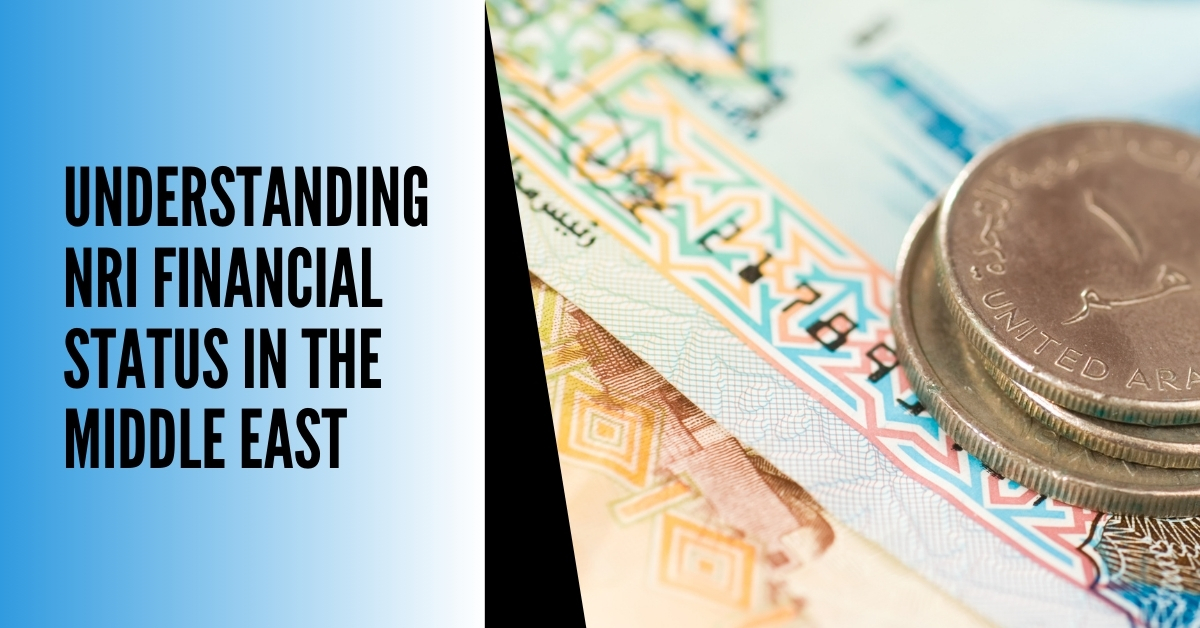Understanding NRI Financial Status in the Middle East: A Comprehensive Guide

The financial status of Non-Resident Indians (NRIs) in the Middle East is a complex and crucial aspect of their lives. As per the search results, the Middle East is home to a significant NRI population, and their financial planning needs differ from those of resident Indians. The unique aspects of NRI financial planning in the Middle East include managing overseas income, understanding tax implications in both home and host countries, and navigating cross-border transactions .
Additionally, NRIs in the Middle East have specific goals such as providing quality education for their children, preserving their cultural identity, and planning for retirement and return to India. To address these needs, NRIs require a comprehensive financial plan tailored to their specific situation, taking into account factors such as currency fluctuations, tax residency, and investment options.
NRI Financial Planning in the Middle East:
It’s easy to navigate foreign income, tax complications and cross-border deals. Let’s explore the resources you need to manage your finances.
Overseas Income Management: NRIs in the Middle East often receive income in foreign currency. It is important to manage this income carefully, taking into account factors such as exchange rates and repatriation restrictions.
Tax Implications: It is important for NRIs to understand the tax implications of income earned in the Middle East and its impact on their domestic tax liability. Double taxation avoidance agreements and tax planning are important in this context.
Cross-Border Transactions: NRIs need guidance on transactions across borders, including remittances, investments and property transactions. Knowledge of Middle Eastern and Indian law is required to successfully execute these duties.
Specific Financial Goals:
The specific financial goals of NRIs in the Middle East, including providing quality education for their children, preserving their cultural identity, and planning for retirement and return to India.
- Education Planning: NRIs prioritize quality education for their children. Planning for international education costs, understanding education loan options are important for their families.
- Cultural Identity Preservation: Many NRIs in the Middle East seek to preserve their cultural and family ties with India. This may include regular visits, supporting family members in India, and participating in cultural events, all of which have an economic impact.
- Retirement and Return to India: NRIs often plan to return to India after working in the Middle East. Building a retirement community and a smooth economic transition back to India are major economic goals for NRIs.
Challenges and Considerations:
The challenges and considerations involved in NRI financial planning, such as currency fluctuations, tax residency, and investment options,
- Currency Fluctuations: NRIs face currency risk because they receive income in foreign currencies. It is important to adopt appropriate investments and strategies to manage this risk.
- Tax Residency: It is important to understand tax residency considerations in the Middle East and India. It affects the tax liability of NRI and determines how tax treaties will apply.
- Investment Options: NRIs have investment opportunities in the Middle East and India. Factors such as their diversity, liquidity and tax efficiency should be considered when making investment decisions.
Importance of Comprehensive Financial Planning:
Comprehensive economic policies tailored to the specific needs of NRI’s in the Middle East are needed. They have to deal with their unique financial situations, goals, and complex financial controls across borders. Effective financial management helps NRI’s to manage risks such as currency fluctuations, market fluctuations and regulatory changes, ensuring that their financial assets are protected over the long term.
Professional Guidance:
Due to the complexities involved, it is advisable to seek guidance from experienced NRI financial planners in the Middle East. They can provide personalized advice and help expats make informed financial decisions. Financial planners can help expats navigate regulatory requirements in the Middle East and India, ensuring compliance with tax laws, investment regulations and other financial standards.
By addressing these key issues, the article will provide a comprehensive understanding of the economic situation of migrants in the Middle East and necessary steps to effectively plan and manage their finances.



